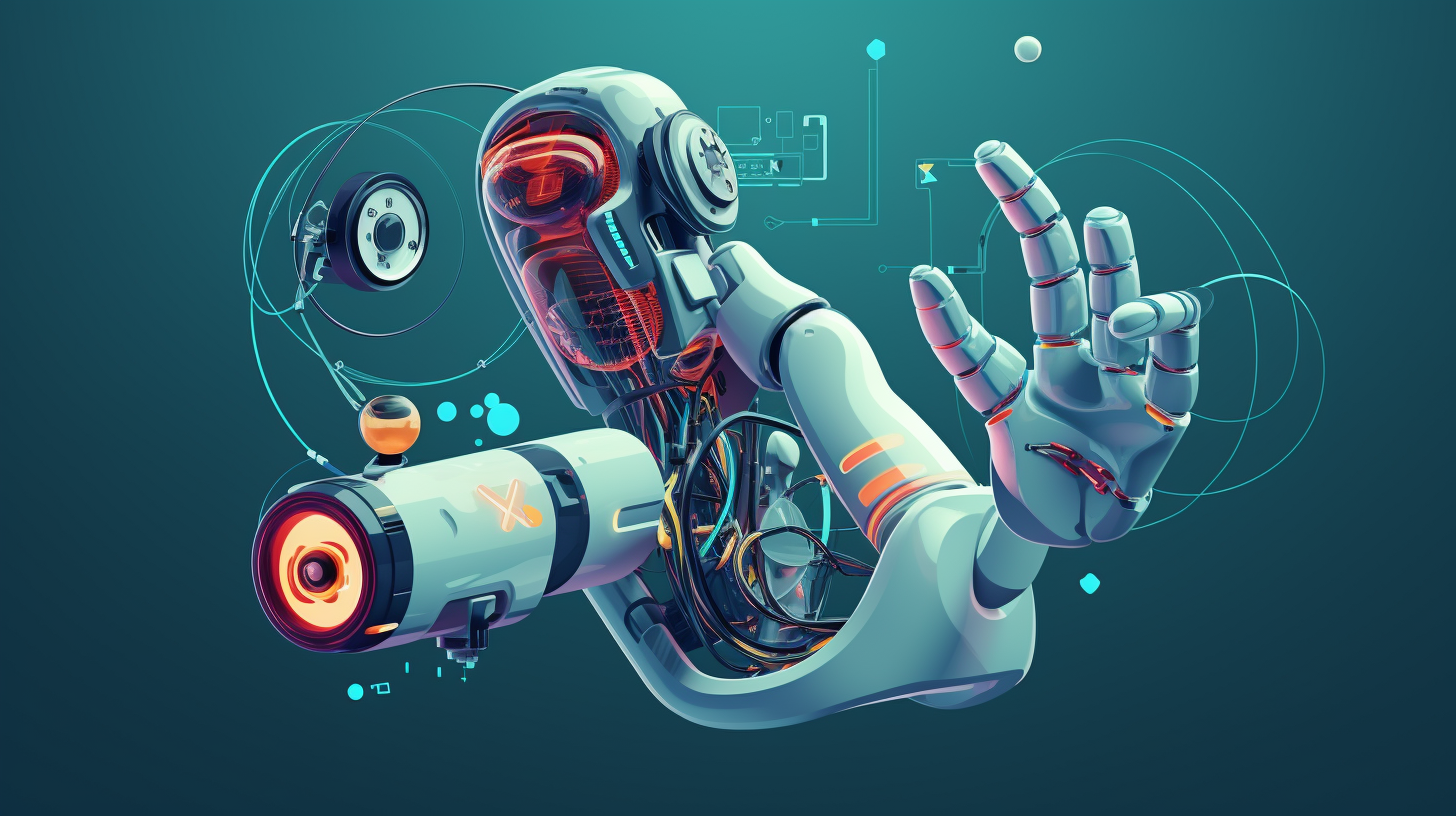
The Use Of AI In Healthcare: Diagnostics, Treatment Plans, And Drug Discovery
You're living in an era where artificial intelligence isn't sci-fi—it's reality. It's reshaping healthcare, making diagnostics, treatment plans, and drug discovery more efficient and accurate.
So, why not dive in and understand how AI's transforming your health landscape? You'll get a grasp on machine learning's impact on patient care, predictive analytics' role in disease prevention, and much more.
Let's explore the future of AI in the medical field together.
The Impact of Machine Learning on Patient Care
Machine learning's impact on patient care shouldn't be underestimated. It's transforming the way doctors diagnose and treat diseases. Imagine you're a doctor. You've got thousands of patient records to sift through, and you're trying to spot patterns that could lead to early diagnosis. It's a mammoth task, right?
Now, imagine a machine doing this for you, quickly and accurately. That's what machine learning can do. It's not just about diagnosis, either. Machine learning can predict how a patient might respond to treatment, helping you to create a personalized care plan.
Drug discovery also benefits as AI identifies potential therapies faster. So, you see, machine learning isn't just a fancy tech term. It's a game-changer for your profession and, more importantly, your patients.
The Role of Predictive Analytics in Disease Prevention
You're likely to benefit from predictive analytics in disease prevention, as it can help in identifying risk factors and intervening before the onset of serious conditions.
Imagine a future where you're warned about potential health issues before they become a problem. That's the power of predictive analytics. It uses AI to analyze your health data, identifying patterns and trends that could signal trouble down the line.
It's not just about predicting diseases, but also about guiding you in making healthier choices. You're empowered to take control of your health, making changes to your lifestyle or starting treatments earlier.
You'll not only prevent diseases but also live a healthier, longer life. It's like having a personal health coach that's always looking out for your wellbeing.
Personalized Medicine and AI
In the realm of personalized medicine, we're seeing a revolutionary shift where advanced algorithms are helping to tailor therapies to individual patients, leading to more effective outcomes.
You're no longer a face in the crowd; AI sees you as a unique individual with specific health needs.
Picture this: AI algorithms analyzing your medical history, genetic data, and lifestyle habits to customize your treatment plan.
The one-size-fits-all approach is outdated; AI's personalized approach is the future.
It's not just about treating illnesses anymore, it's about prevention too. AI can predict potential health risks and suggest preventive measures.
You're in charge of your health with AI as your personal health assistant, ensuring you get the right treatment at the right time.
Technological Innovations in Pharmaceutical Research
Technological advancements aren't just transforming patient care, they're also revolutionizing pharmaceutical research, making the process more efficient and precise.
You see, AI is now instrumental in drug discovery. Complex algorithms can predict how different compounds will interact, drastically cutting down trial-and-error time. You're not just saving time, but you're also reducing costs and speeding up the drug development process.
Imagine a world where tailored therapies are developed rapidly, thanks to AI's capability to analyze patient's genetic makeup and predict drug responses. You're not just getting a pill off the shelf anymore, you're getting a personalized treatment plan.
It's a brave new world in pharmaceutical research, and you're right in the middle of it. Welcome to the future of healthcare.
The Future of AI in the Medical Field
Looking forward, there's vast potential for artificial intelligence to continue transforming the medical field in ways we're only just beginning to understand. You'll see AI being used more frequently to diagnose diseases, create personalized treatment plans, and expedite drug discovery.
The technology will likely become more sophisticated, capable of not just analyzing data, but predicting health issues before they even begin. We're talking about preventative, personalized medicine on a scale we've never seen before.
You'll see doctors collaborating with AI, using its insights to make more informed decisions. You'll see patients benefiting from quicker, more accurate diagnoses.
The future of medicine isn't just about the technology, it's about how AI can help you live a healthier, longer life.
Conclusion
You've seen how AI is revolutionizing healthcare. From machine learning enhancing patient care to predictive analytics in disease prevention, it's changing the game.
Personalized medicine is now a reality, and drug discovery has never been more innovative.
The future of medicine lies in AI, and it's a future that's already here. So, brace yourself for a healthcare system that's smarter, more efficient, and ultimately, more human.